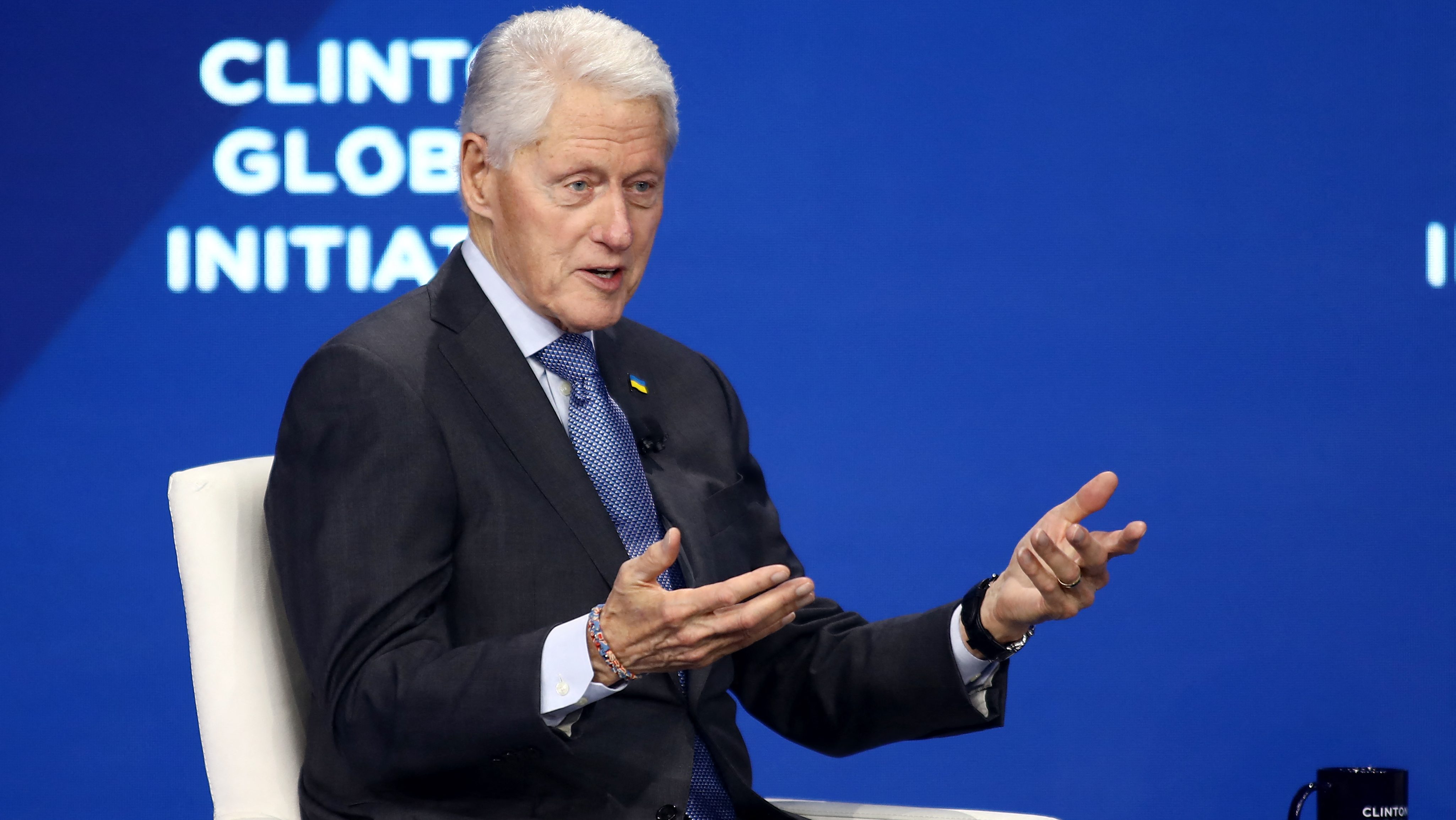The federal government will resume executing death-row inmates after nearly two decades without doing so, the Department of Justice announced on Thursday.
Attorney General William Barr directed the Bureau of Prisons to schedule the executions of five inmates convicted of murder and other crimes. The executions have been scheduled for December 2019 and January 2020.
The department also announced a new execution protocol, replacing the three-drug cocktail previously used in federal executions with the single drug, pentobarbital.
The last federal execution was carried out in 2003. There are 62 individuals on federal death row, according to a tracker maintained Death Penalty Information Center.
The Supreme Court outlawed state and federal death penalty laws in the 1972 decision Furman v. Georgia. The decision invalidated the laws then on the books, but did not outlaw the death penalty under all circumstances, leading states and the federal government to draft new legislation.
The federal death penalty was reinstated in 1988, and expanded by Congress in 1994. No federal executions took place, however, until 2001, according to to the Bureau of Prisons website.
“Congress has expressly authorized the death penalty through legislation adopted by the people’s representatives in both houses of Congress and signed by the President,” Barr said in a statement. “Under Administrations of both parties, the Department of Justice has sought the death penalty against the worst criminals, including these five murderers, each of whom was convicted by a jury of his peers after a full and fair proceeding.”
U.S. & World
Stories that affect your life across the U.S. and around the world.
“The Justice Department upholds the rule of law—and we owe it to the victims and their families to carry forward the sentence imposed by our justice system,” he said.
Executions have been scheduled for Daniel Lewis Lee, Lezmond Mitchell, Wesley Ira Purkey, Alfred Bourgeois, and Dustin Lee Honken, according to the Justice Department. In its release, the Justice Department provided brief summaries of the crimes committed by each inmate.
In a statement, Ruth Friedman, the director of the Federal Capital Habeas Project, said it was a “pervasive myth” that the federal death penalty was applied to only the worst offenders who committed a narrow class of crimes.
“In fact, the federal death penalty is arbitrary, racially-biased, and rife with poor lawyering and junk science. Problems unique to the federal death penalty include over-federalization of traditionally state crimes and restricted judicial review,” Friedman said. “These and other concerns, including troubling questions about the new execution protocol, are why there must be additional court review before the federal government can proceed with any execution.”
The Justice Department said each of the inmates had “exhausted their appellate and post-conviction remedies, and currently no legal impediments prevent their executions.” The executions will take place at the U.S. Penitentiary Terre Haute, in Terre Haute, Indiana.
The Justice Department said that additional executions will be scheduled at a later date.
The announcement comes as a number of Democrats running for president have promised to do away with the death penalty altogether. In 2016, the Democratic Party made abolishing the death penalty a part of its official platform.
This story first appeared on CNBC.com. More from CNBC:



